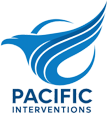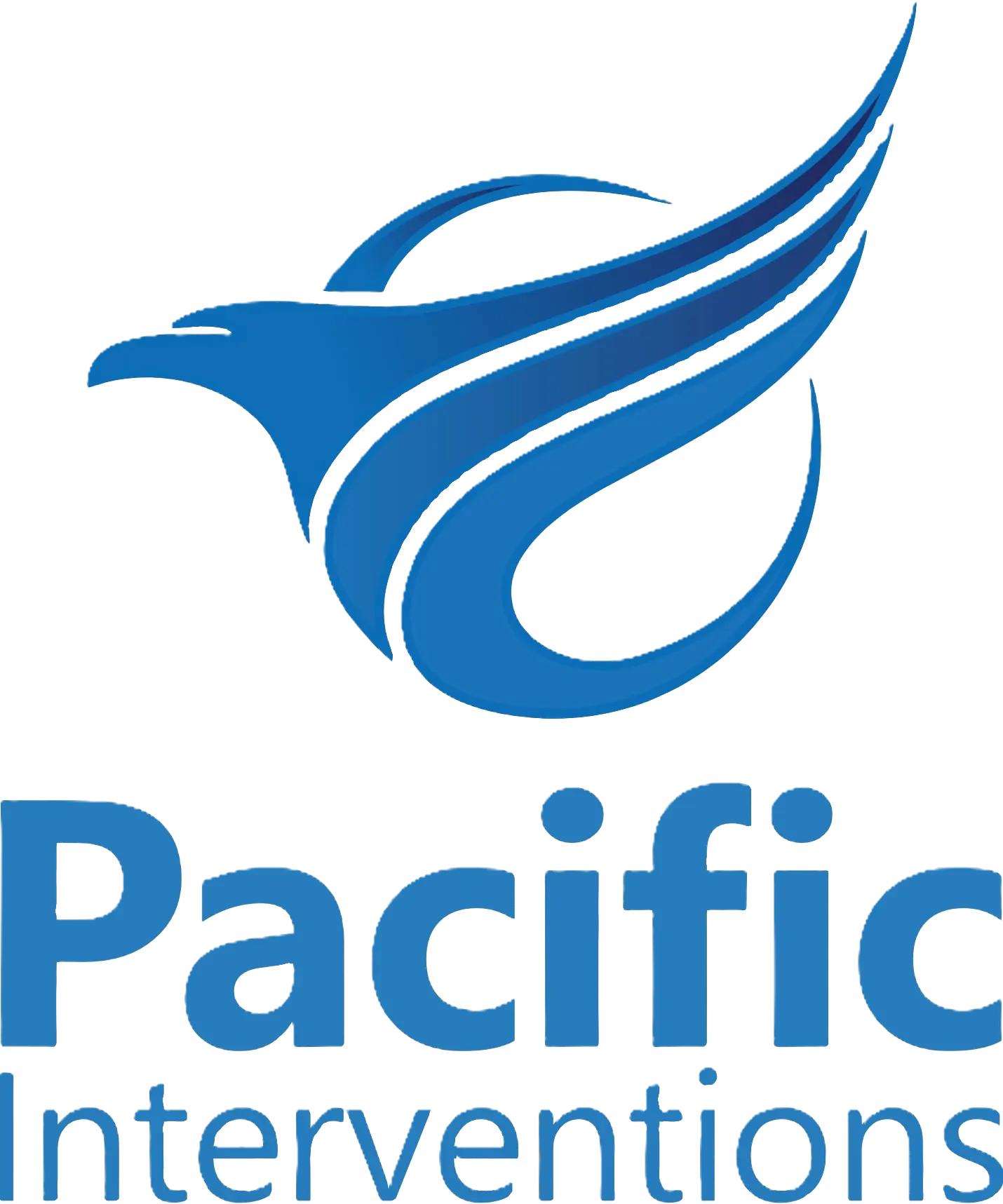Rehab programs refer to structured programs designed to help individuals recuperate from substance or behavioural addictions. It usually involves a blend of medical, psychological, and therapeutic interventions tailored to the specific needs of each individual.
Rehab programs differ in length and intensity, with some offering short-term residential stays and others providing outpatient services. The primary purpose of rehab programs is to assist individuals in obtaining and maintaining sobriety, as well as providing them with the required tools and strategies to manage triggers and prevent relapse in the long term.
In addition, many rehab programs offer support services such as counselling, education, and aftercare planning to support lasting recovery.
This blog aims to explore the different stages of rehab programs and provide you with a comprehensive understanding of how they work. Pacific Interventions is here to help you with rehab programs to recover from substance abuse as easily and comfortably as possible.

Different Stages of Rehab Programs
The rehab programs usually include several stages. At each one of these stages, some specific measures are taken to help individuals recover. These stages include:
Assessment
The initial evaluation process in addiction rehab is a crucial step toward perceiving the individual’s unique issues and needs. It includes collecting thorough information about their medical history, substance use patterns, mental health, and social conditions. This comprehensive approach ensures the therapy plan is tailored to address the individual’s specific problems and support their journey toward recovery. The initial assessment process includes:
- Medical history: Familiarity with the individual’s medical history provides essential insights into their overall health and any underlying conditions that may affect their addiction and recovery. This involves previous illnesses, injuries, medications, and family medical background.
- Substance use: Comprehensive information about the type, frequency, and duration of substance abuse is necessary for evaluating the intensity of addiction and recognizing potential withdrawal risks. It plays a key role in specifying the required level of care and planning strategies for addressing cravings and withdrawal symptoms.
- Mental health status: Many individuals who have an addiction also have co-occurring mental health issues like depression or anxiety. Evaluating mental health status can help identify the underlying conditions that may contribute to substance abuse and guarantee that holistic treatment addresses both addiction and mental health issues.
- Social circumstances: Factors like condition, employment status, relationships, and support networks play a key role in rehab programs. Awareness of the individual’s social conditions helps identify potential triggers, obstacles to therapy, and accessible resources to facilitate their recovery.
Therapy Planning
After a thorough assessment, the next crucial stage in rehab programs is developing a customized therapy plan. This plan aligns with the individual’s unique needs and conditions, determining specific measures, treatments, and goals. Building on insights from the assessment, this cooperative effort includes contributions from a group of healthcare providers, including doctors, physicians, counsellors, and psychologists. Together, they work to facilitate the patient’s recovery, ensuring each step aligns with the individual’s efforts toward health.

Detoxification
Detoxification is a critical initial stage of rehab programs. It is the process by which the body takes action to be free from substance addiction and handle withdrawal symptoms under medical supervision. While detoxification cannot deal with the underlying causes of addiction alone, it provides the conditions for subsequent therapy actions by making the individual’s physical condition stable and making them ready for ongoing rehabilitation.
Treatment and Addiction Counselling
Rehab includes a wide range of curative methods and counselling techniques, each suitable for an individual’s condition. These measures not only aim to minimize symptoms but also address the underlying conditions, enabling individuals to build resilience, acquire coping strategies, and promote lasting change.
Aftercare
Aftercare planning is a crucial stage in the sequence of addiction therapy, marking the shift from structured rehab to self-reliant living. To identify the issues individuals may encounter upon re-entry into daily life, rehab programs prioritize developing holistic aftercare plans tailored to each individual’s distinctive needs and circumstances.
These plans usually include a range of supportive interventions aimed at preserving the progress made during rehabilitation and promoting long-term recovery. Besides creating ongoing engagement in treatment or counselling, aftercare plans may include referrals to community resources such as support groups or sober living programs. Aftercare planning aims to cultivate resilience, improve self-efficacy, and provide continued support as individuals work to maintain long-term sobriety and wellness by energetically addressing the multifaceted challenges they may face after leaving rehab.
Conclusion
Rehab programs are organized and purposeful interventions to help individuals recover from substance abuse. These rehab programs encompass several stages that gradually help individuals complete their journey toward recovery successfully.
FAQs
1. How long do rehabilitation programs usually last?
The duration of rehabilitation programs can vary depending on the individual’s specific needs, objectives, and conditions. They can last from a few weeks to several months.
2. How can I find a reliable rehabilitation program?
Finding a reliable rehabilitation program involves several factors. Some steps to take to find a reliable rehabilitation center, such as Pacific Interventions, include consulting with healthcare providers, checking accreditation, researching the program’s reputation, assessing the program’s approach, verifying staff qualifications, considering the location and amenities, reviewing insurance coverage, and seeking referrals from trusted sources.
3. How can I measure the success of a rehabilitation program?
The evaluation of a rehabilitation program’s success depends on the goals and expectations determined at the beginning of the program. Functional improvement, pain reduction, quality of life, medical outcomes, progress toward goals, patient satisfaction, and functional assessment are some common ways to measure the success of a rehabilitation program.



